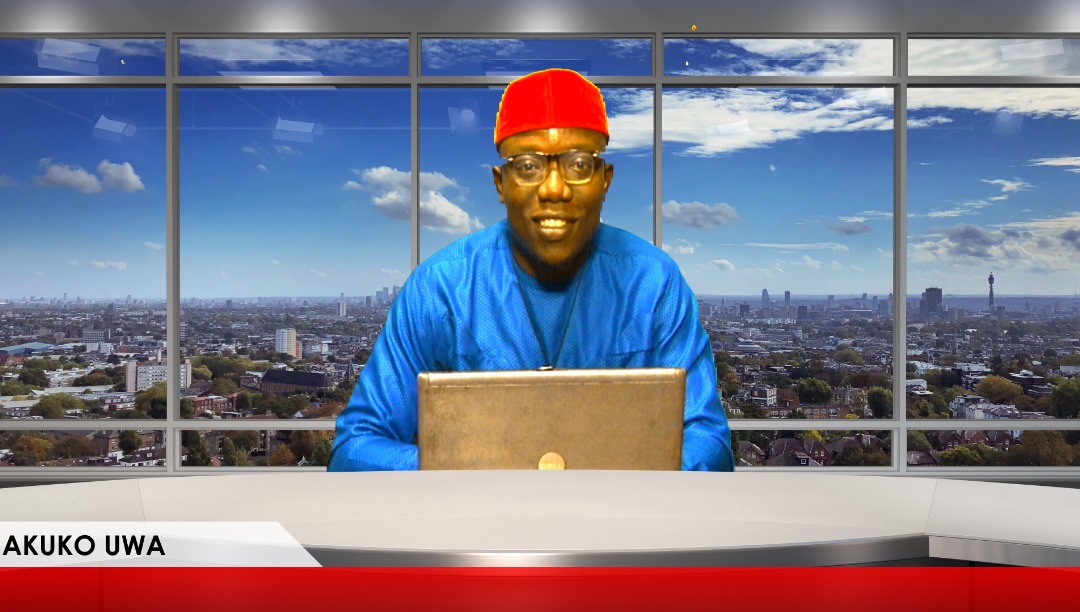The impending election within the Nkanụ Youth Organization is currently in the preparation phase, stirring anticipation and discussions among its members and onlookers alike. At the heart of these conversations lies a pivotal question: the true nature of the election—whether it is rooted in political motives or cultural heritage. In contrast to the customary expectations, the election process has displayed distinct political undertones, shedding a new light on the organization’s dynamics.
One of the most remarkable aspects of this election is the conspicuous absence of involvement from the esteemed ìgwè (traditional ruler) or Pg (President Generals). Historically, cultural matters have often been intertwined with the leadership and decision-making of such figures. However, the forthcoming election distinguishes itself by lacking any indication of their participation.
The strategizing and implementation of the election process have been orchestrated by political actors, rather than cultural custodians. This shift becomes evident in the roles played by political stakeholders who have actively lobbied and maneuvered within the organization. Their significant influence in the process cannot be denied, highlighting a departure from traditional norms.
Adding a layer of complexity to this evolving situation is the inclusion of isi ụzọ from Nsukka. This development occurred a mere four months ago when the Nkanụ community itself labeled them as “Nsukka.” However, the same community now claims isi ụzọ as their own, a shift that aligns with an election campaign seemingly shrouded in deceit and falsehoods.
A noteworthy aspect of this evolving scenario is the selection of delegates, a process that was unilaterally undertaken by politicians. This decision-making approach deviates from the participatory and collective nature often associated with cultural choices. The absence of traditional rulers from the Eleco (Electoral Commission) raises concerns about the potential lack of cultural oversight, which has traditionally been a cornerstone of such decisions.
Contrary to assertions that the election is steeped in cultural values, the emerging narrative indicates a political underpinning that cannot be ignored. The absence of cultural leaders, the involvement of political stakeholders, and the exclusive selection of delegates collectively hint at a political trajectory that requires acknowledgment. Those who argue for the election’s cultural significance might find themselves at odds with the observable political dynamics at play.
In summation, the forthcoming election within the Nkanụ Youth Organization reveals a marked shift from cultural to political dimensions. As the preparation phase progresses, conversations continue to center around the nature of the election, prompting a closer examination of the evolving dynamics. Designating this impending election as exclusively cultural would be to overlook the evident political currents that are shaping its course.
Sebastine Chukwuebuka Okafor
Write from Uhuona-Ugbawka.



















